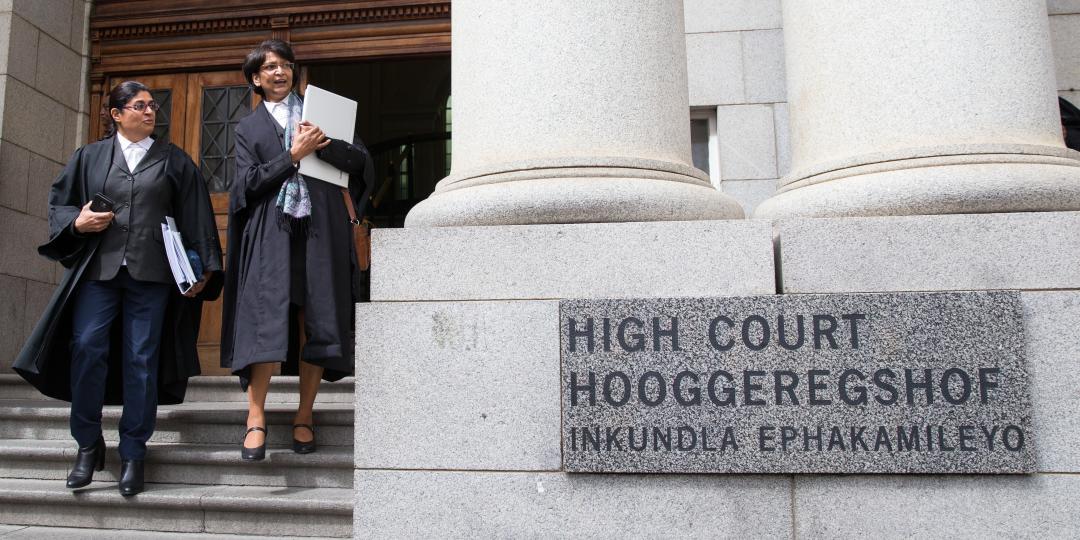Yesterday’s Western Cape High Court decision compelling an insurance company to honour the COVID-19 Business Interruption (BI) insurance claims of a Cape Town restaurant (Café Chameleon) is expected to set a precedent for over 500 pending claims by tourism and hospitality businesses.
In delivering his judgment, High Court Judge, Andre le Grange, accepted the argument put forward by the restaurant’s legal counsel that the insurance policy should not be interpreted “on the basis of generalised concerns about the effect of COVID-19 on the insurance industry at large when the respondent has made no attempt to establish what the effect of the disease on its own business is likely to be”.
“This is a significant win for the tourism and hospitality sector. While there is no doubt that this is precedent setting, we expect the judgment to be appealed, so it is still a long way from payment,” said Ryan Woolley, CEO of specialist loss adjustment firm, Insurance Claims Africa (ICA).
“Of critical importance, is the fact that Judge Andre le Grange rejected the insurers’ argument that the losses suffered by the claimant was due to the lockdown, and not the COVID-19 pandemic,” added Woolley.
ICA, to date, is representing over 500 businesses in the tourism and hospitality sector in their battle to get large insurers to pay out on BI insurance claims. To date, insurers have been rejecting claims, even though they have extension cover for infectious and notifiable diseases, saying that these policies were never meant to cover pandemics.
Insurers, in rejecting their customers’ claims, have alleged that government regulations in respect of the lockdown are the cause of the loss, and not COVID-19, but Woolley maintains that this argument has never made any sense, as the insurers chose to insure a notifiable disease, which would have contemplated government intervention and restrictions or quarantine.
“It is clear that without COVID-19, there would be no lockdown, so to attempt to separate the two is nothing short of disingenuous,” he pointed out.
Woolley explained that BI insurance existed to help companies survive following an unanticipated event. There are generally two types of BI insurance: a basic policy that requires physical damage to the business premises to trigger a claim, and a Tourism and Hospitality policy that contains a specific extension that includes interruption by infectious or contagious notifiable disease.
What’s at stake?
The tourism and hospitality sector in SA sustains over 740 000 direct and 1.5 million indirect jobs and contributes 8.6% to the GDP.
According to the CEO of the Tourism Business Council of South Africa (TBCSA), Tshifhiwa Tshivhengwa, tourism also adds roughly R206.5bn (€10.6bn) to the supply chain annually, feeding vehicle manufacture, agriculture, fuel, textiles, furniture, security, marketing and other sectors.
“It is also the lifeblood for many micro and small enterprises, creating mass employment opportunities for men, women and youth across the country.” He added that the claimants – with claims amounting to around R4bn (€205m) were not seeking to get rich from this process, but merely to pay their staff, and survive.
Tshivhengwa has joined theFederated Hospitality Association of Southern Africa (Fedhasa) in calling on government – especially Minister of Tourism, Mmamoloko Kubayi-Ngubane, and Minister of Finance, Tito Mboweni – to intervene urgently.
“The rejection by insurers of COVID-19-related Business Interruption insurance claims from the hospitality industry will directly contribute to further job losses in the sector worst hit by the pandemic,” said Fedhasa CEO, Lee Zama.






















